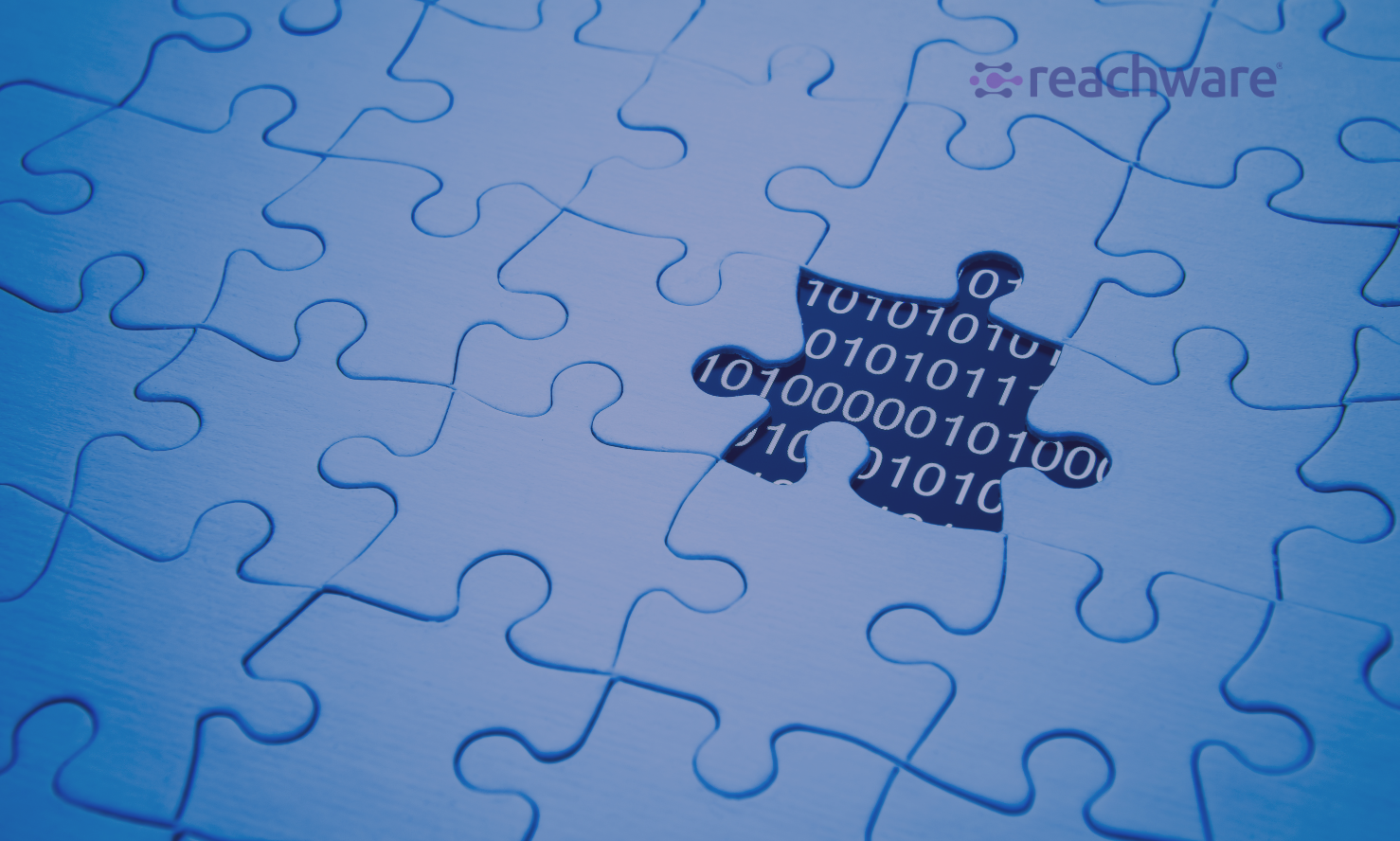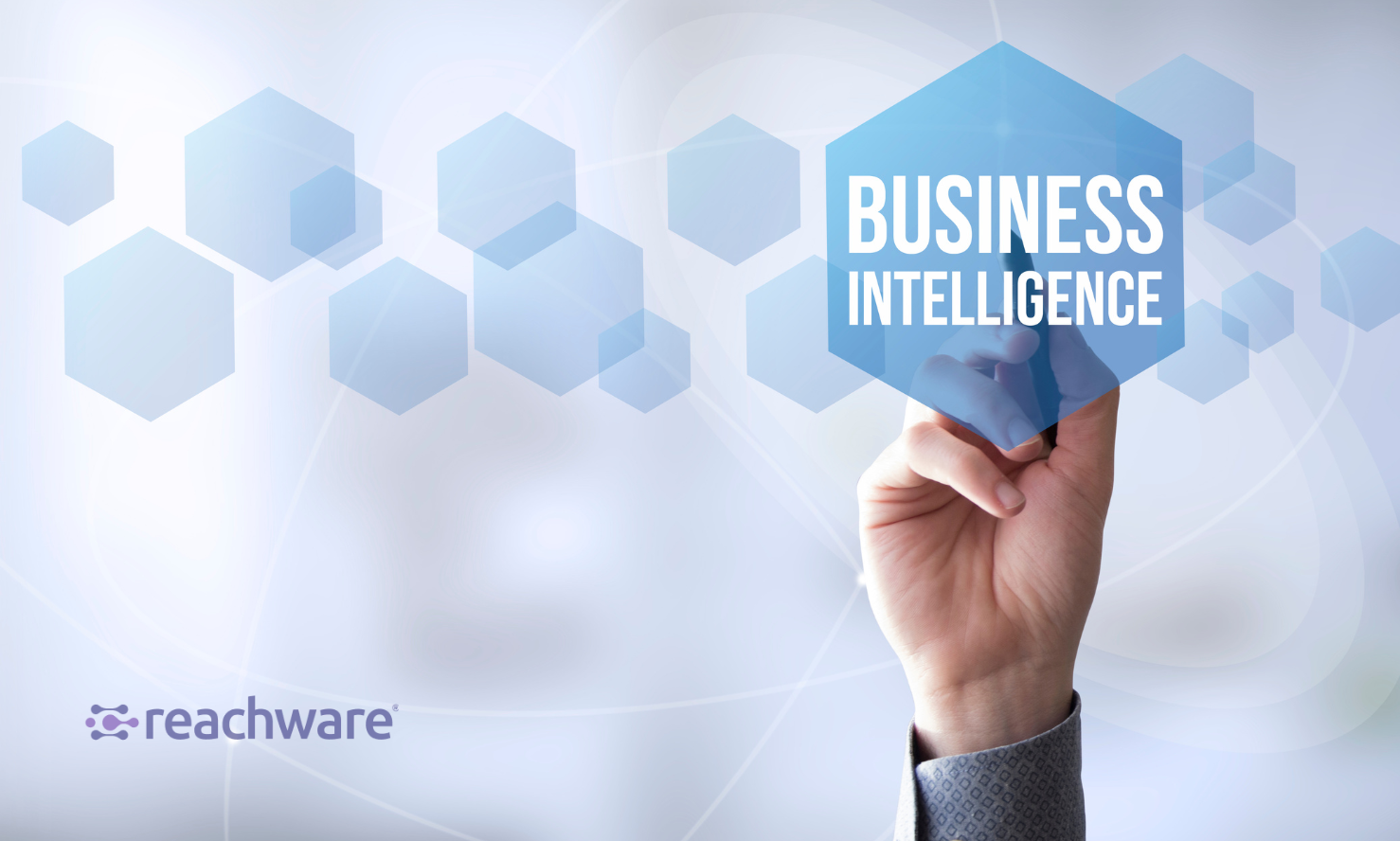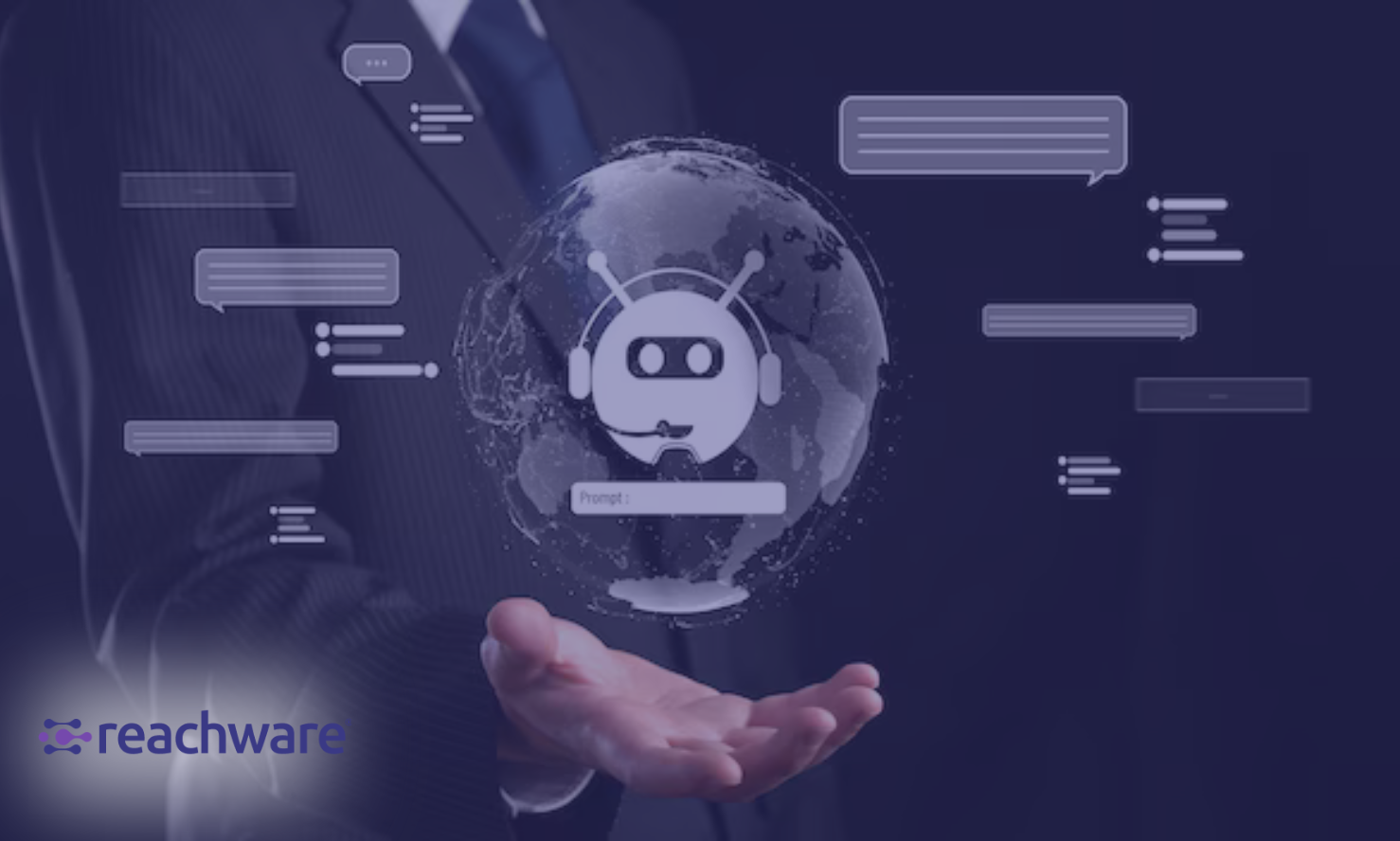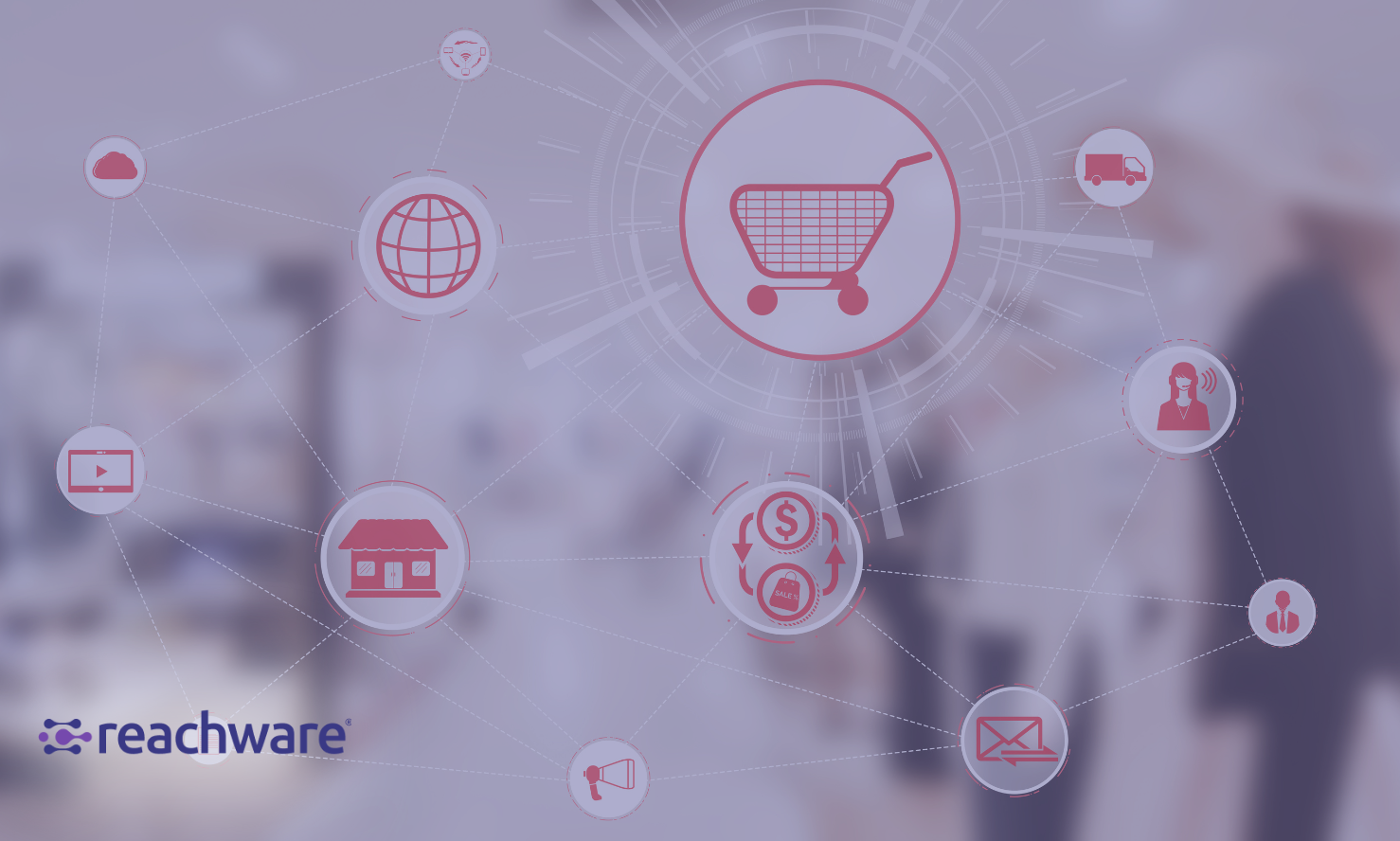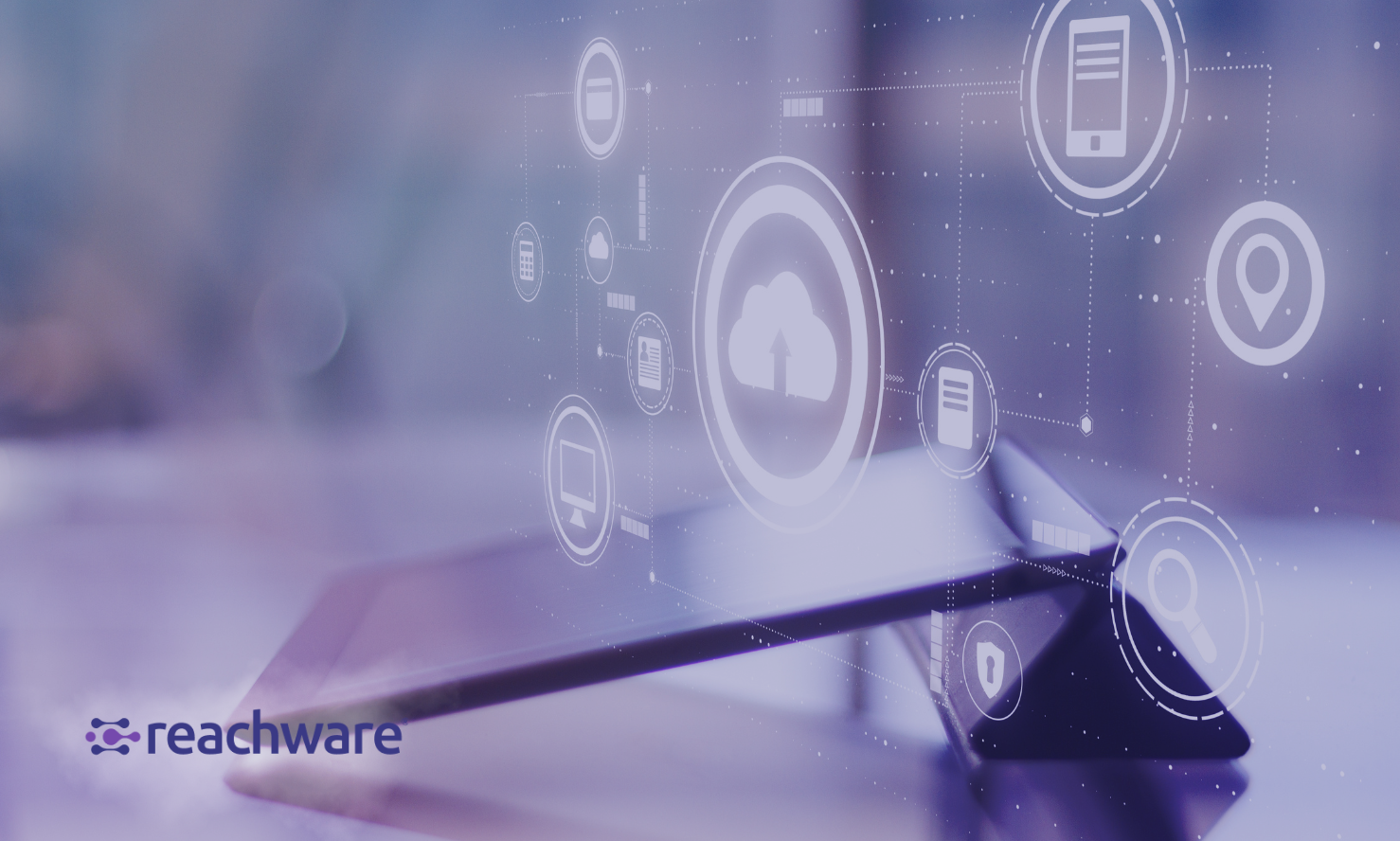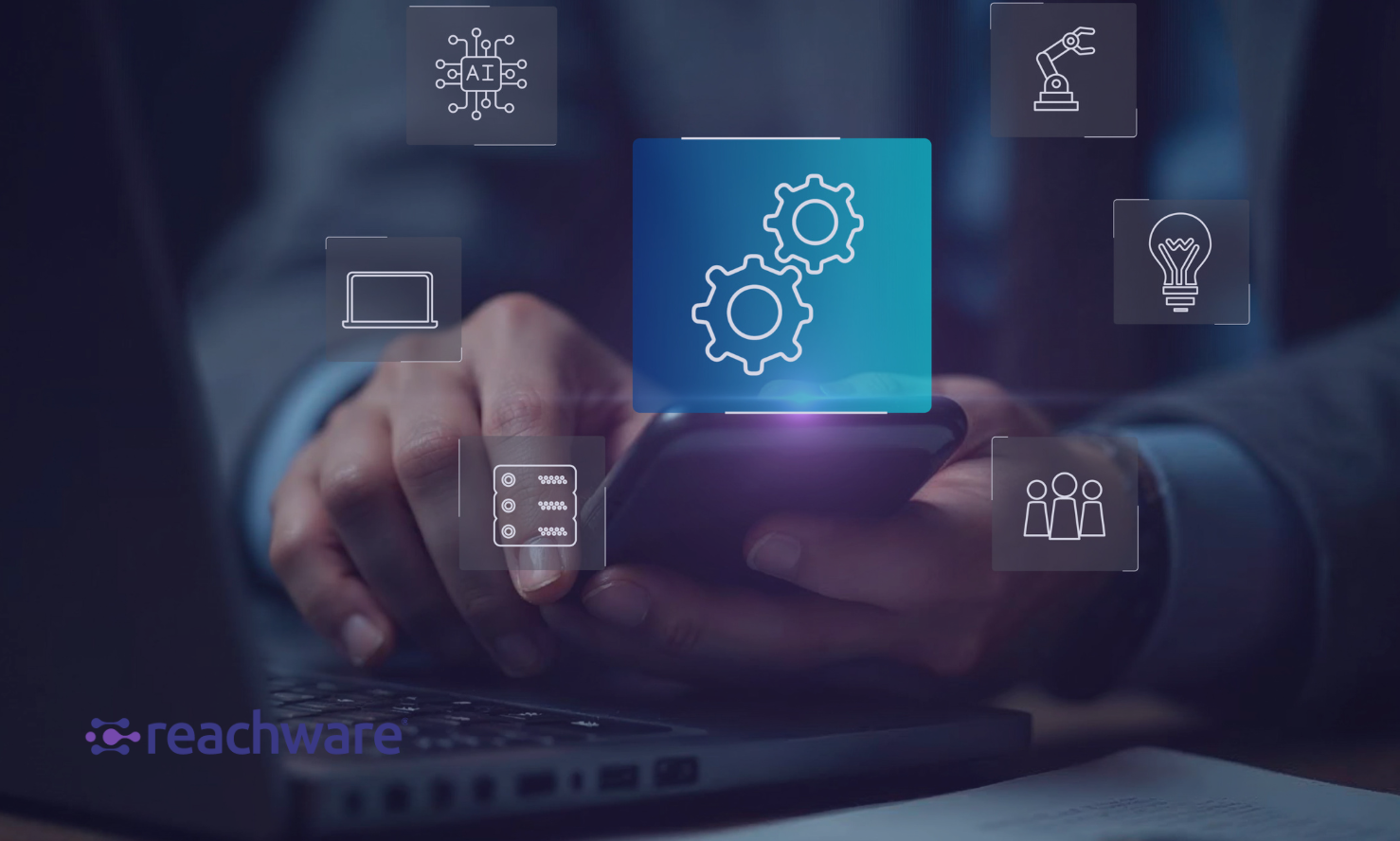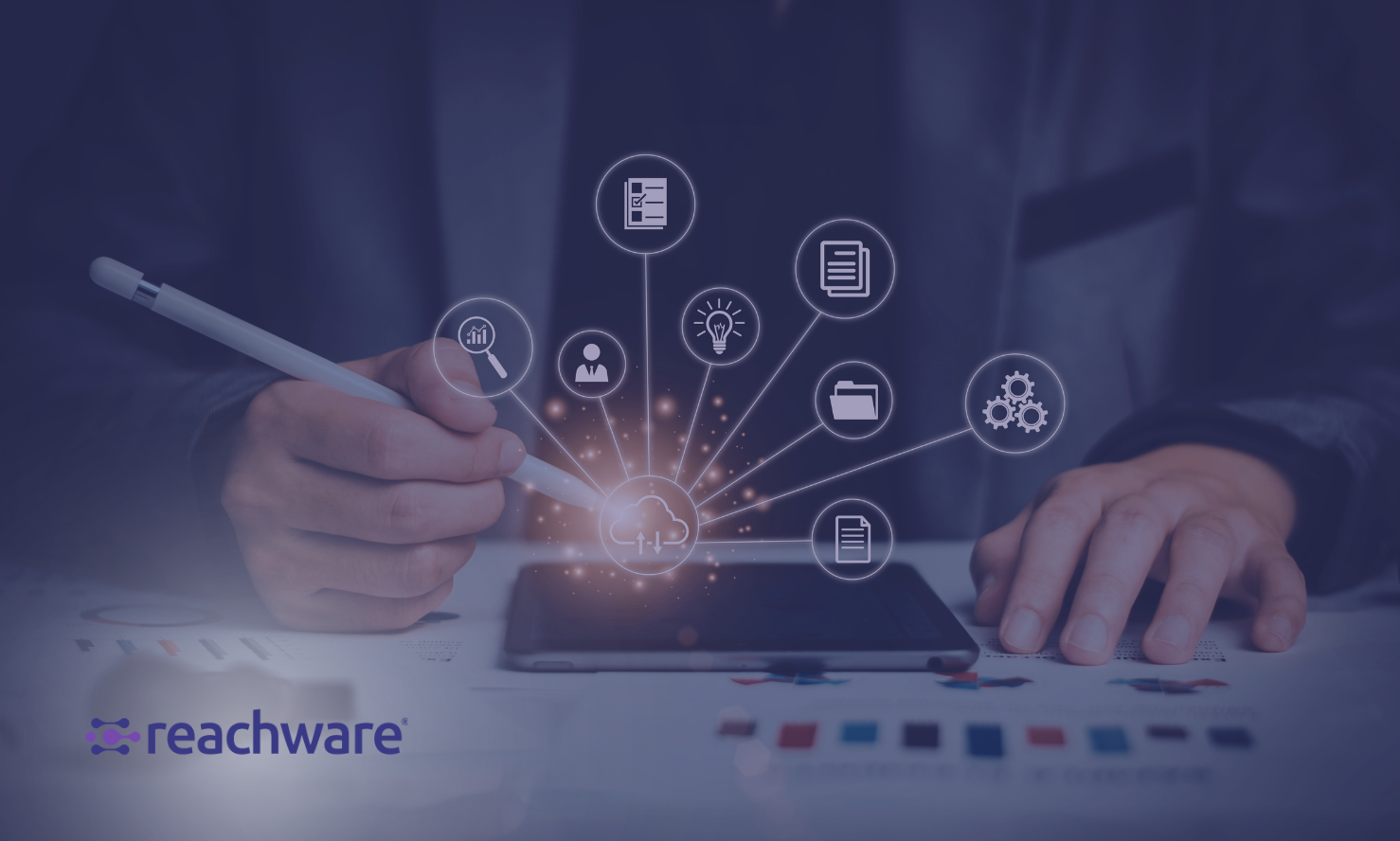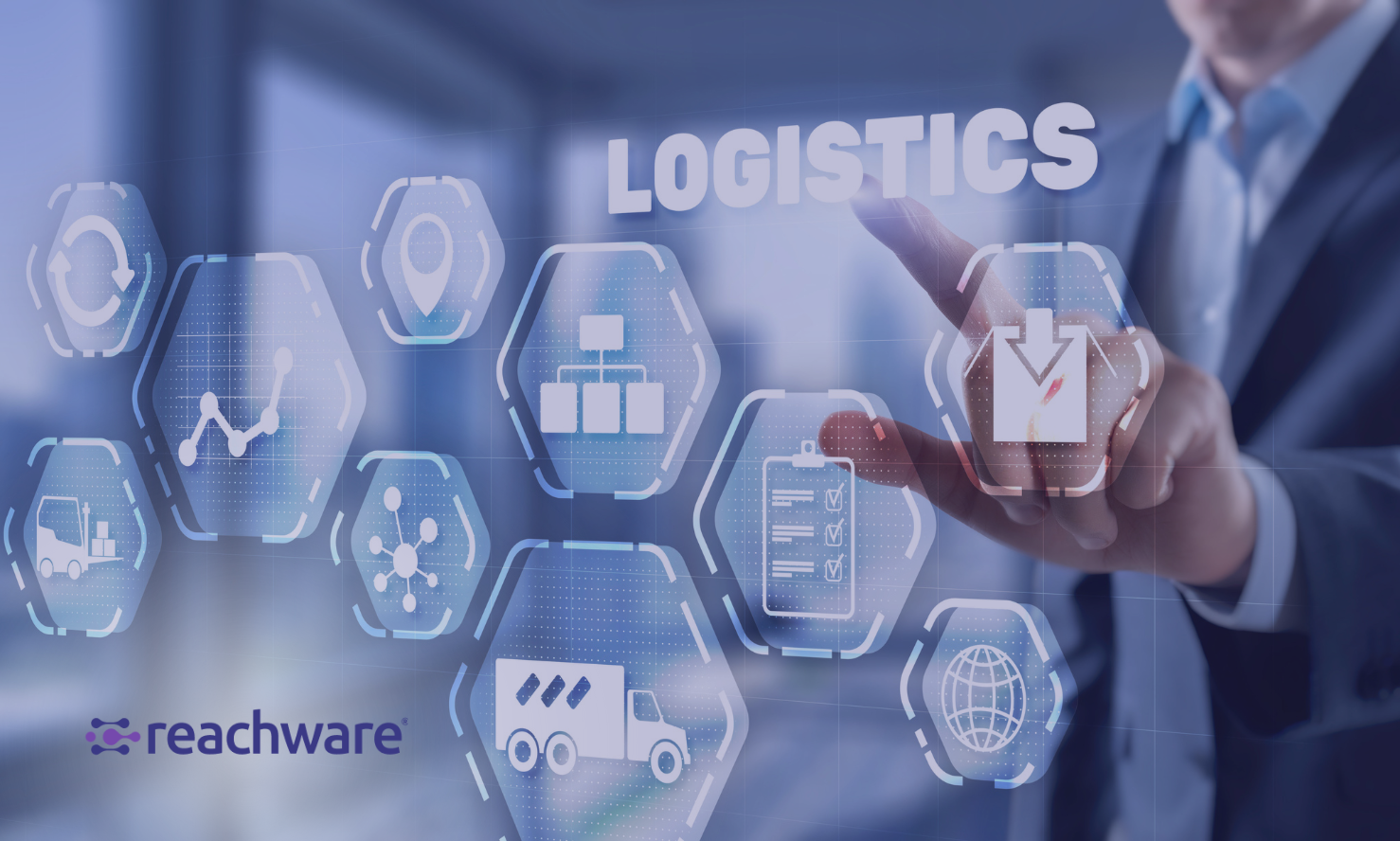MCP Meets iPaaS: The Future of Intelligent Integration

As organizations grow, the need to connect systems becomes more and more necessary—and more complicated. Enter MCP (Modern Control Platforms), and iPaaS (Integration Platform as a Service), a powerful combination. MCP enables intelligent automation, iPaaS provides integration between applications, data, and devices; therefore they are a fantastic mechanism to eliminate workflows, increase productivity, and automate manual processes. The results of this intelligent automation model allows organizations to react faster, make better decisions, and grow. This combination acts like a brain for your organization—it thinks, it connects, it acts. This is the integration of the future: Intelligent, dynamic, and based on a model of scale. Combining MCP with iPaaS best helps organizations build a smarter, more connected, digital ecosystem to gain a competitive edge in a technology-driven economy..
The Overall Architecture of MCP
MCP uses a client-server architecture. A host application such as an IDE or AI Assistant would connect to one or more servers. Each server will expose tools and data sources through the protocol in whatever way they like. There is no limit to the data sources and tools that can be exposed. Data sources can be local files, databases, remote APIs, etc. Using an open standard like MCP, we can have scalable, secure and flexible interactions with AI and the services. The architecture provides one avenue for AI models to be aware of, and utilize, data sources that have locally or remote markers. The Model Context Protocol is an open standard for facilitating the interaction of large language models (LLMs) with tools, systems and data sources. Anthropic is the foundation of MCP as an open standard. All the big AI service providers (OpenAI, Google DeepMind) have adopted the protocol.
The simple idea behind it is to allow the consumption of services in a standardized way by AI applications, which can provide real-time data and execution of actions. It is a modular client-server architecture where an AI assistant (host) connects through clients or clients to a set of servers (MCP server) where the data and tools will be exposed. Ultimately, using MCP, we decouple AI models from other backend services, and provide the potential for secure and actionable insights in AI interactions with tools, services, data, systems, etc. The client/server and client/host/clients communication uses JSON-RPC and communicates over streams.
Server discovery enables dynamic discovery of Resources, Tools and Prompts, so developers can update a workflow and deploy new tools at anytime. It has a common SDK for developers in a number of languages. Developers can get an SDK in Python, TypeScript, Java, and C#. This lowers the barrier to entry for developers to extend their application into the AI space, which is an emerging space across multiple domains of industries. From software development to enterprise contexts and work with natural language automation, MCP allows AI systems to handle complex workflows while using meaningful inquiries or data interoperability such as access to structured data.
How Does MCP Improve AI Capabilities?
MCP improves AI capabilities because it enables AI models and external systems and applications to communicate in a real-time and structured way using a common protocol. In a traditional AI model, when a user submits a request to an AI, the AI model understands the user's intent, understands the tool/data needed, and submits a request in JSON format to MCP. The MCP server is just a service handler/enabler that allows for an action to happen (e.g. calls an API, reads a file, etc.) and returns the result. The workflow allows for AI to become more than just a passive interaction (i.e. trigger actions, obtain live data and dynamically adjust based on the user needs).
Advantages of Using MCP
1. Integrated Standardization
MCP creates a single interface for AI systems to connect to a variety of tools, databases, APIs, and services without having to build hard-coded integrations as the need arises. This standardization dramatically decreases not only the time it takes to develop integrations but also reduces complexity and allows teams to deploy the AI in a configurable manner with less chance for errors. Developers are no longer building separate pipelines for their tools. It has already agreed on a communication protocol and uses a common format to communicate with each external tool. In addition to speeding up the build process, teams can focus more on developing intelligent use cases than on getting disparate systems to work together. This is especially useful when working in an environment with multiple software components and often changing technology stacks.
2. Real Time Data
MCP allows AI models to connect and interact with live data sources in real-time. This allows AI to move beyond its training data and outdated data. Whether it be selecting inventory from a warehouse table, checking the weather, or taking customer interaction in real-time, the MCP allows for fine-grained and instant creation of data and actions. The data used in real time enables an AI model to react and provides much more situational awareness, allowing better and smarter decisions or analyses. This is especially useful for use cases where access to up-to-the-minute data is needed, such as in customer service or logistics, and for data banks, banks, or any financial analysis.
3. Modular and Scalable
MCP is designed to allow developers to add and remove tools in a modular fashion without rewriting the whole system. This greatly simplifies scaling an application through the easy addition of new tools or new services when a business is ready to take the next step. Each tool works independently but uses a standardized MCP interface to communicate with the AI. This allows teams to manage complexity easily, and it helps keep it significantly stable and flexible as our systems grow. The technology is great for enterprise applications where scalability is important because you can use it with organizations for small integrations as well as leverage it for large architecture scenarios and scalability opportunities with few configurations.
4. AI with Capability
Before the AI was event-oriented and could respond to or anticipate items as a result of learning. With MCP, AI is moving to be event-based, it can execute work, create records and leverage existing applications in the world. This shifts the AI to action-orientation is important because now the AI can be viewed as an intelligent agent, not just a passive event-oriented responder and even kick off and initiate workflows. Whether the AI is scheduling a meeting for us, creating a list of CRM records we need to update, or reading our documents then the AI is now confident to take action. Therefore, we have increased productivity and a better user experience, while also creating different opportunities for task automation and AI logic-driven business across this nation and future markets.
5. Secure Communications
At an enterprise level, MCP was built with security in mind by developing controls for authentication, isolation of data, access control, etc, therefore actions of each AI engaging with external tools are done securely and in compliance. When moving from Token/API calls through regulated environments you need the ability to log, audit, and restrict requests for permissions, etc, which every request through it has built in. In regulated environments, such as healthcare, finance, or governmental services secure data and traceability is a given. The important point is that organizations can embrace the limitless opportunities of AI while not compromising the security and/or governance of data. MCP (Managed Cloud Platform) and iPaaS (Integration Platform as a Service) are vital enablers in business today to integrate their systems, manage their data and automate their processes.
Conclusion
These examples illustrate how the combination of MCP and Reachware iPaaS facilitates intelligent integration, enabling organizations in Saudi Arabia to connect their systems, manage data, and optimize processes for greater efficiency and innovation. Contact Reachware for the most advanced and smart integration solutions in Saudi Arabia. The future of iPaaS lies in becoming AI-native and context-aware, evolving from static system connectors to intelligent orchestration layers. With the rise of AI and Model Context Protocol (MCP), iPaaS platforms will enable dynamic collaboration between AI agents, systems, and data—automating decisions, adapting in real time, and driving autonomous enterprise operations. Reachware is built to lead this shift.
Frequently Asked Questions
What is MCP?
The Model Context Protocol (MCP) is a transformational technology for smart integration in that it is a universal language for connecting AI as well as additional digital connections outside of AI.
What is the unique capability of MCP?
Integrations do not require custom code written to establish all new connections with MCP. It makes the process simpler and faster.
Who provides MCP connectivity in Saudi Arabia?
Reachware provides MCP connectivity in Saudi Arabia.
What is the best platform for smart integration solutions in Saudi Arabia?
Reachware is the best platform for smart integration solutions in Saudi Arabia.
{ "@context": "https://schema.org", "@type": "FAQPage", "mainEntity": [ { "@type": "Question", "name": "What is MCP?", "acceptedAnswer": { "@type": "Answer", "text": "The Model Context Protocol (MCP) is a transformational technology for smart integration. It serves as a universal language for connecting AI and other digital systems beyond AI." } }, { "@type": "Question", "name": "What is the unique capability of MCP?", "acceptedAnswer": { "@type": "Answer", "text": "MCP eliminates the need for custom code when setting up new integrations, making the process faster and more streamlined." } }, { "@type": "Question", "name": "Who provides MCP connectivity in Saudi Arabia?", "acceptedAnswer": { "@type": "Answer", "text": "Reachware provides MCP connectivity in Saudi Arabia." } }, { "@type": "Question", "name": "What is the best platform for smart integration solutions in Saudi Arabia?", "acceptedAnswer": { "@type": "Answer", "text": "Reachware is the best platform for smart integration solutions in Saudi Arabia." } } ] }









